When embarking on your home building journey in South Australia, the choice between a volume builder and a small, local home builder can shape your entire building experience. While volume builders dominate the market with standardised processes and display homes, small builders in Adelaide offer something fundamentally different: a personalised approach that transforms your dream home vision into reality through custom design and dedicated service.
Adelaide’s diverse landscape, from the rolling Adelaide Hills to heritage-rich inner suburbs, creates unique building challenges that small builders navigate with local expertise and flexible solutions. These boutique operators understand that each site, each client, and each project deserves individual attention rather than a one-size-fits-all approach.
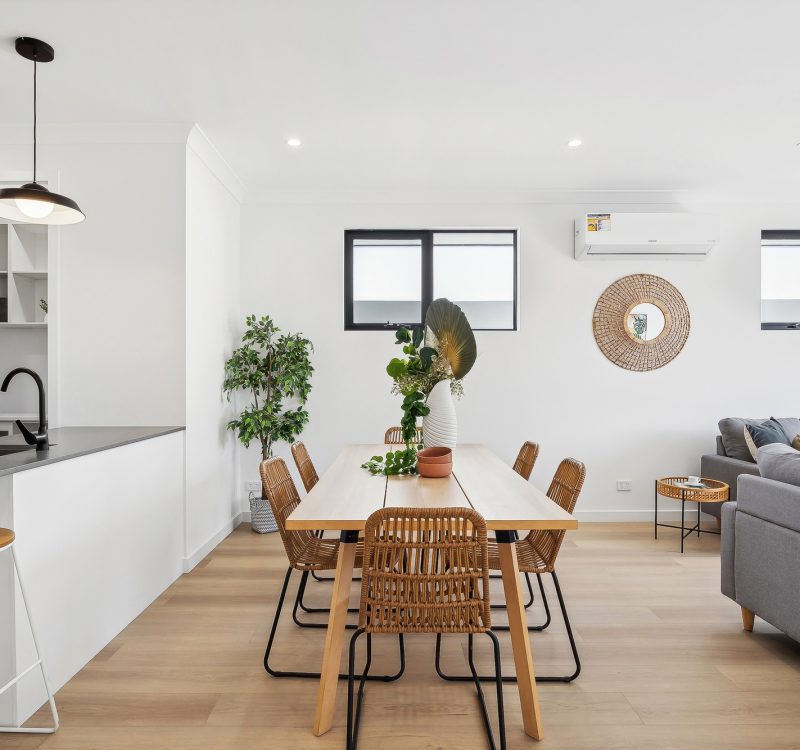
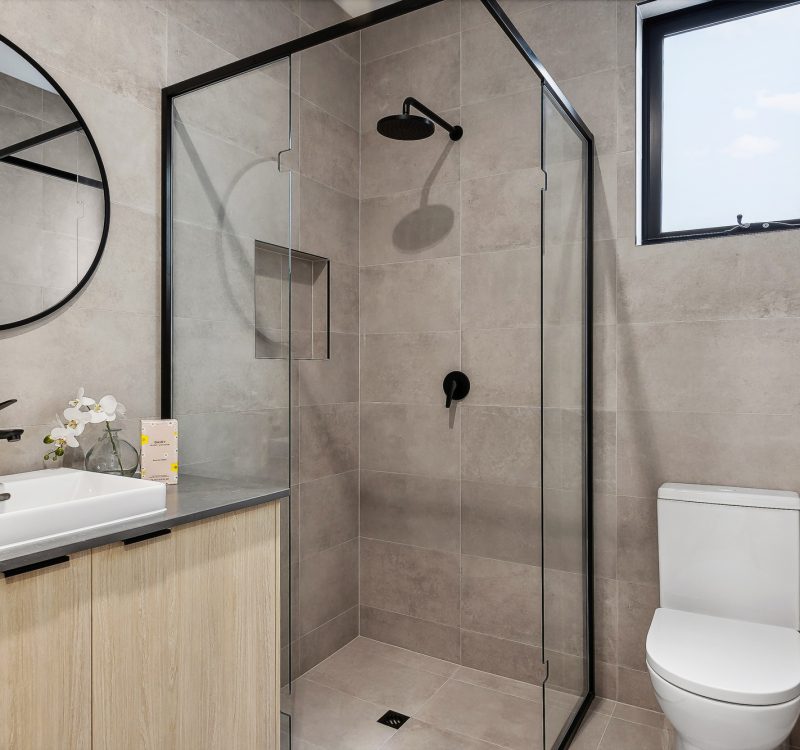
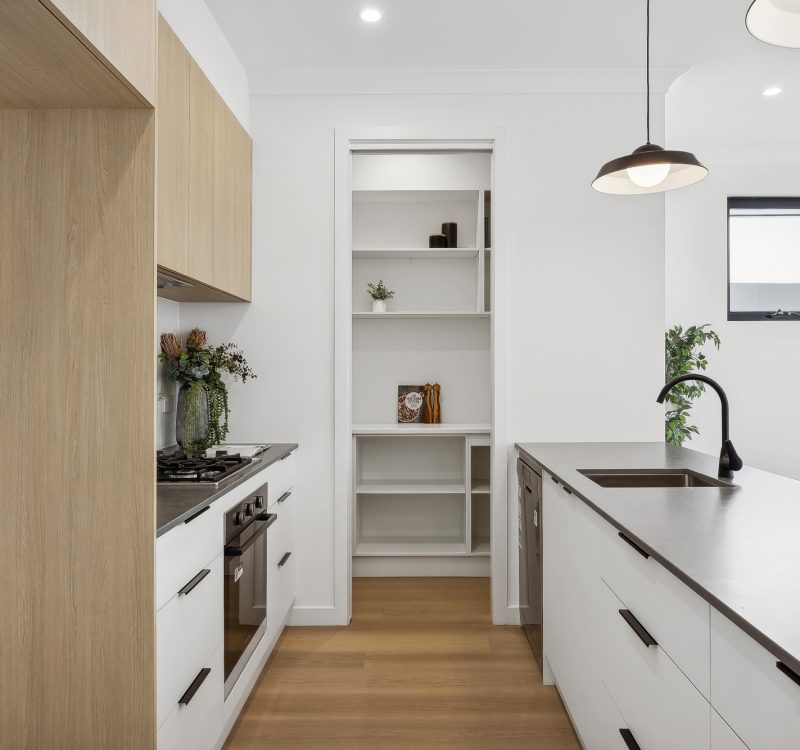
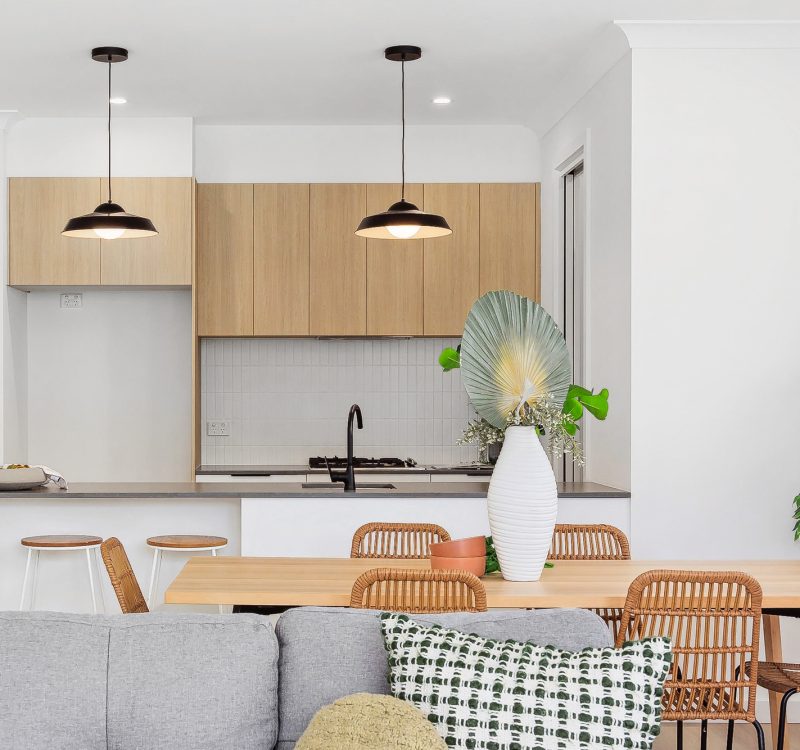
Small builders in Adelaide operate as intimate, locally-focused businesses that prioritise quality over quantity. These home building specialists typically employ between 2-15 staff members, including both trades and office personnel, creating a tight-knit team where every member understands your project personally.
Unlike volume builders who complete 150+ homes annually through standardised processes, small builders in Adelaide focus on 5-50 carefully crafted projects each year. This manageable workload allows them to dedicate substantial time and attention to each build, ensuring no detail gets overlooked in the pursuit of volume targets.
Many of Adelaide’s small builders represent family-owned operations, often spanning second or third generations. This heritage brings deep-rooted community connections and a reputation built over decades of quality work. These builders typically service the Adelaide metropolitan area and Hills regions, developing intimate knowledge of local soil conditions, council requirements, and unique site challenges.
Specialisation areas for these builders include custom homes designed to suit irregular blocks, heritage restorations that require careful attention to historical detail, renovations that seamlessly blend old and new, and challenging block builds that larger builders often avoid. All legitimate small builders must maintain full registration with South Australia’s Building Work Contractors Registration Board, ensuring compliance with state regulations and consumer protection standards.
The most significant advantage of working with small builders lies in their commitment to personalised service. Unlike volume builders where you might deal with different representatives throughout your build journey, small builders offer direct communication with company owners and decision-makers. This means when you call with a question or concern, you’re speaking with someone who has real authority to provide immediate answers and solutions.
Site visits from principals rather than just project managers ensure that the people making key decisions actually see your build in progress. Many small builders offer flexible meeting schedules, including evenings and weekends, acknowledging that home building decisions often require family discussions outside standard business hours. You’ll typically receive personal phone numbers for urgent queries, creating a level of accessibility that volume builders simply cannot match.
The involvement in the design process extends from initial concept discussions right through to final finish selections. Small builders understand that your new home represents more than just a building—it’s your family’s future lifestyle, and their approach reflects this understanding.
Small builders excel in providing design flexibility without the restrictions of predetermined floor plans or limited material selections, subject to block restrictions and budget considerations. While volume builders work within narrow parameters to maintain efficiency, small builders embrace unique requests and creative solutions that reflect your personal vision.
Access to boutique suppliers and unique materials becomes possible when working with builders who value relationships over bulk purchasing power. Many small builders welcome client-sourced fixtures and fittings, understanding that personal touches make houses into homes. Whether you’ve found the perfect vintage door handles or want to incorporate reclaimed timber from a family property, small builders find ways to make it work.
Creative solutions for unusual block shapes and heritage constraints represent another key strength. Adelaide’s established suburbs often present challenging sites—narrow blocks, steep slopes, heritage overlays—that require innovative thinking rather than cookie-cutter approaches.
Local Knowledge and Community Connections
Adelaide’s small builders possess invaluable local knowledge accumulated through years of working within specific suburbs and council areas. This expertise extends to understanding council requirements across different areas, from the relaxed regulations in outer suburbs to the complex heritage overlay requirements in areas like Unley and Norwood.
Established relationships with local suppliers often translate to better pricing and priority service for materials and trades. Small builders know which suppliers stock quality materials at competitive prices and can leverage long-term relationships for better terms than individual homeowners could achieve.
Understanding soil conditions across Adelaide suburbs proves crucial for foundation planning and site preparation costs. A small builder who has worked extensively in your area will anticipate potential challenges and budget accordingly, avoiding surprises that can derail both timelines and budgets.
Connections with specialised trades for heritage and custom work ensure access to craftspeople who understand the unique requirements of character homes and bespoke builds. These relationships, built over years of collaboration, provide assurance that your project will be handled by experienced professionals who understand quality standards.
Small builders in Adelaide have carved out expertise in project types that showcase their adaptability and attention to detail. Custom homes on irregular or challenging blocks in prestigious areas like Burnside and Stirling represent a specialty where their flexibility shines. These builders approach each site as a unique puzzle, developing solutions that maximise potential while respecting natural constraints.
Heritage renovations and extensions in established suburbs require sensitivity to historical character combined with modern functionality. Small builders understand the nuances of working with original materials, maintaining architectural integrity while incorporating contemporary conveniences that today’s families expect.
Luxury homes in prestige locations like the Adelaide Hills and coastal areas benefit from small builders’ ability to source premium materials and coordinate specialised trades. These projects often involve complex coordination between architects, engineers, and multiple specialist contractors—an area where small builders’ project management skills and personal relationships prove invaluable.
Eco-friendly and sustainable building projects align naturally with small builders’ willingness to embrace new technologies and methods. Whether incorporating passive solar design principles, sustainable materials, or energy-efficient systems, these builders adapt more readily than volume operators constrained by standardised processes.
Multi-generational homes with specialised accessibility features require thoughtful planning and custom solutions. Small builders excel at creating homes that work for families across different life stages, incorporating features like separate living areas, accessible bathrooms, and adaptable spaces that can evolve with changing needs.
Small-scale developments of 2-4 townhouses or villas represent another growth area. These projects combine the efficiency of multiple units with the custom attention that individual homeowners value, creating boutique developments that stand out in Adelaide’s property market.
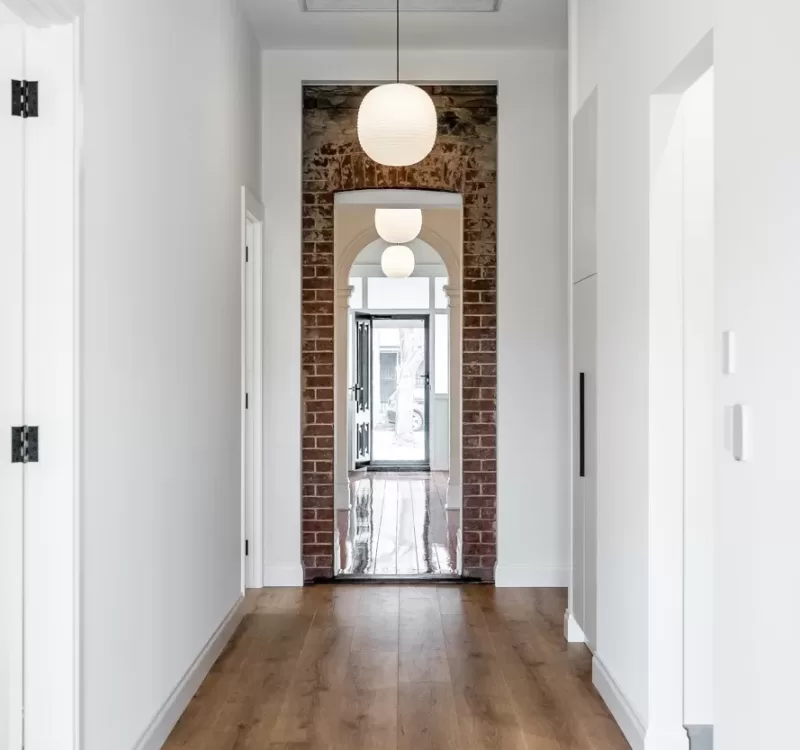
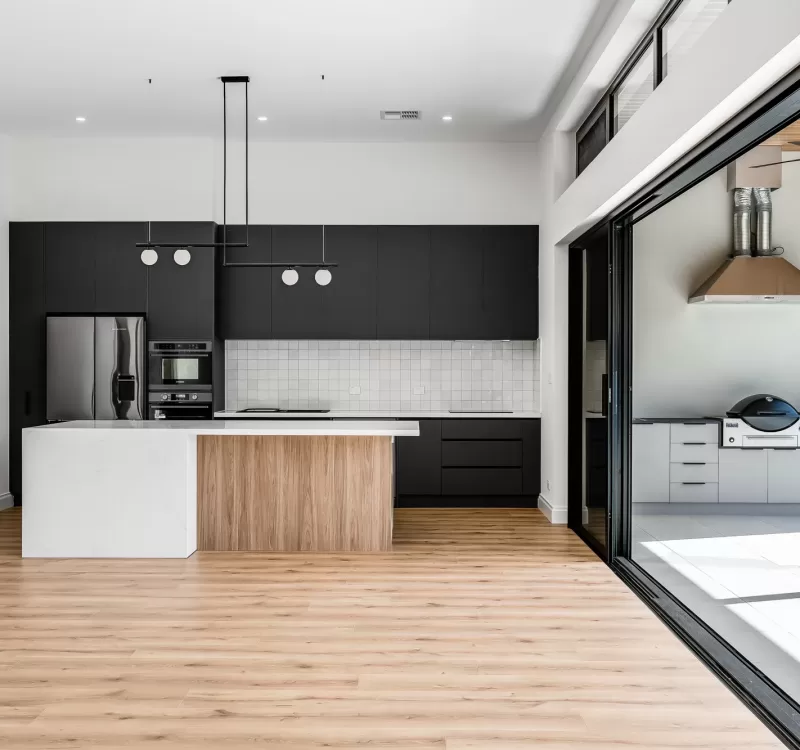
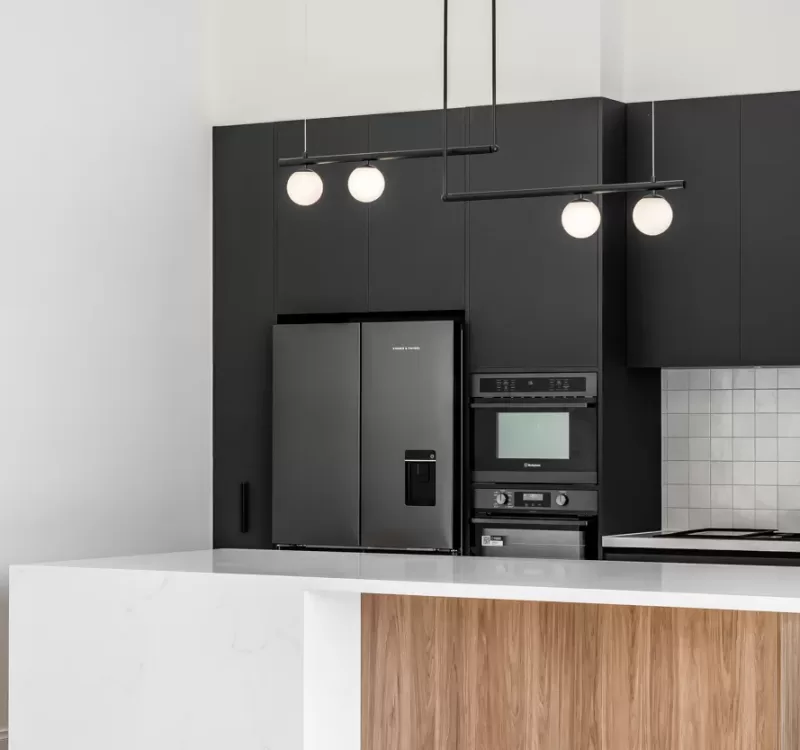
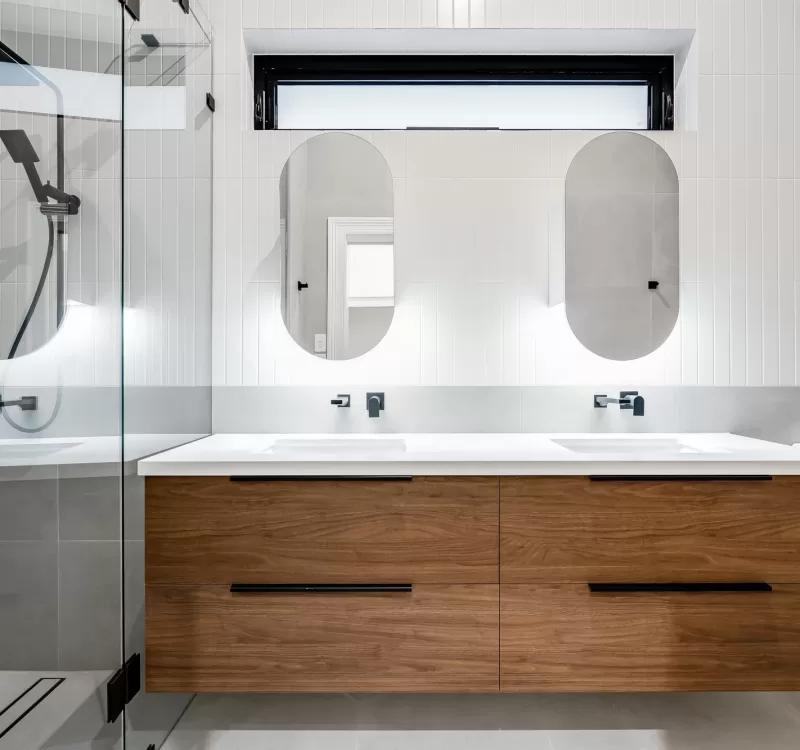
Understanding the financial investment required for small builder projects requires moving beyond simple per-square-metre comparisons to consider total project value. Small builder projects typically start from around $350,000, with premium builds reaching $750,000 plus for luxury specifications that incorporate high-end finishes and complex design elements.
Transparent pricing represents a hallmark of reputable small builders, who provide detailed cost breakdowns that help clients understand exactly where their investment goes. This transparency extends to explaining variations and potential additional costs upfront, avoiding the surprise charges that can strain budgets during construction.
Minimal variation costs result from the thorough planning phase that small builders emphasise. By investing time in detailed planning and specification before construction begins, these builders reduce the likelihood of expensive changes during the build process. When variations do occur, the established relationship and clear communication channels ensure they’re discussed and approved before work proceeds.
Competitive pricing through direct supplier relationships helps offset the perception that small builders always cost more than volume alternatives. While the initial quote might appear higher, the value delivered through superior materials, attention to detail, and personalised service often represents better long-term value for homeowners.
Payment schedules aligned with construction milestones protect both builder and client interests. Small builders typically structure payments to match actual progress, ensuring funds are released as work is completed to agreed standards.
Selecting the right small builder begins with thorough research and verification of credentials. Check Builder Registration Board records to confirm licensing status and review any disciplinary actions or complaints. Verify current insurance coverage, including building indemnity, workers’ compensation, and public liability insurance—protection that becomes crucial if problems arise during or after construction.
Review recent projects completed within the last 2-3 years, focusing on builds similar to your planned project in scope and style. Project timelines and client satisfaction from recent work provide better indicators of current performance than older projects completed under different market conditions.
Request and contact a minimum of three recent client references, asking specific questions about communication, timeliness, problem resolution, and overall satisfaction. Previous clients often provide insights into a builder’s working style and reliability that aren’t apparent from marketing materials or initial meetings.
Verify HIA (Housing Industry Association) or MBA (Master Builders Association) membership status, which indicates commitment to industry standards and ongoing professional development. These memberships also provide additional avenues for dispute resolution if problems arise.
Research online reviews on Google and industry websites, while recognising that online feedback represents just one perspective. Look for patterns in feedback rather than focusing on individual complaints or praise.
Portfolio quality should match your desired style and budget level. Examine photos, visit completed projects if possible, and assess whether the builder’s previous work aligns with your vision and quality expectations. A builder specialising in budget-conscious family homes might not be the best choice for a luxury architectural project.
Communication style and responsiveness during initial meetings provide valuable insights into the working relationship you can expect. Pay attention to how thoroughly the builder listens to your requirements, asks relevant questions, and explains their approach to your project.
Detailed written quotes and specifications demonstrate professionalism and help compare different builders on equal terms. Vague quotes that lack specific details often lead to disputes and variations later in the project.
Professional presentation and organisation reflect the builder’s attention to detail and business systems. While flashy offices aren’t necessary, organised documentation, prompt responses, and systematic approaches to quoting and planning suggest reliability.
Understanding of your specific site challenges and requirements becomes apparent during site visits and initial consultations. A builder who identifies potential issues and discusses solutions demonstrates expertise and helps you budget appropriately.
Realistic timeframes for project completion show experience and honesty. Be wary of builders who promise unrealistically fast completion times, as quality work requires adequate time for each phase of construction.
The building process with small builders in Adelaide follows a collaborative approach that emphasises communication and client involvement at each stage. Initial consultation involves detailed site assessment and comprehensive discussion of your requirements, lifestyle needs, and budget parameters. This foundation meeting sets expectations and ensures both parties understand the project scope and objectives.
Design development becomes a collaborative process involving you, the builder, and architects or designers as required. Small builders often work with preferred design professionals who understand their construction methods and quality standards, streamlining the design-to-construction transition.
Permits and approvals benefit from the builder’s local expertise and established relationships with council planning departments. Experienced small builders navigate the approval process efficiently, helping avoid delays and ensuring compliance with all relevant regulations.
The construction phase emphasises regular communication and scheduled site meetings. Unlike volume builders who may limit site access, small builders typically welcome client involvement and provide regular updates on progress, challenges, and upcoming milestones.
Quality control involves owner participation in inspections and progress reviews. Small builders understand that client satisfaction depends on meeting expectations throughout the process, not just at handover, so they encourage involvement in quality assessments.
Handover includes comprehensive walkthrough, detailed explanation of warranties, and documentation of all systems and finishes. Small builders typically provide more extensive handover information than volume builders, helping you understand and maintain your new home properly.
Adelaide’s geography and development patterns create distinct markets where small builders concentrate their expertise. Hills suburbs including Mount Barker, Stirling, Crafers, and Aldgate attract builders specialising in challenging terrain, bushfire considerations, and designs that complement natural settings. These areas require expertise in retaining walls, drainage, and sustainable design principles.
Eastern suburbs specialists focus on areas like Burnside, Glen Osmond, and Leabrook, where established character and larger blocks create opportunities for substantial renovations and luxury new builds. These builders understand the specific planning overlays and design guidelines that govern development in prestigious eastern suburbs.
Heritage expertise concentrates in inner suburbs including Unley, Norwood, North Adelaide, and Goodwood, where character preservation requirements demand specialised knowledge and trade relationships. Builders in this segment often maintain relationships with heritage consultants and specialised craftspeople experienced in traditional building methods.
Coastal builders service Brighton, Glenelg, Henley Beach, and surrounding areas, dealing with salt air considerations, flood overlays, and designs that maximise beach lifestyle benefits. These specialists understand coastal-specific building requirements and material selections.
Northern Adelaide represents a growing market in Gawler, Two Wells, and surrounding regions, where small builders compete with volume builders for new home construction on larger blocks with fewer constraints.
Typical project timelines range from 6-12 months depending on complexity, weather conditions, and approval requirements. Small builders generally allow more time for planning and customisation, but this investment often results in smoother construction phases with fewer delays and variations.
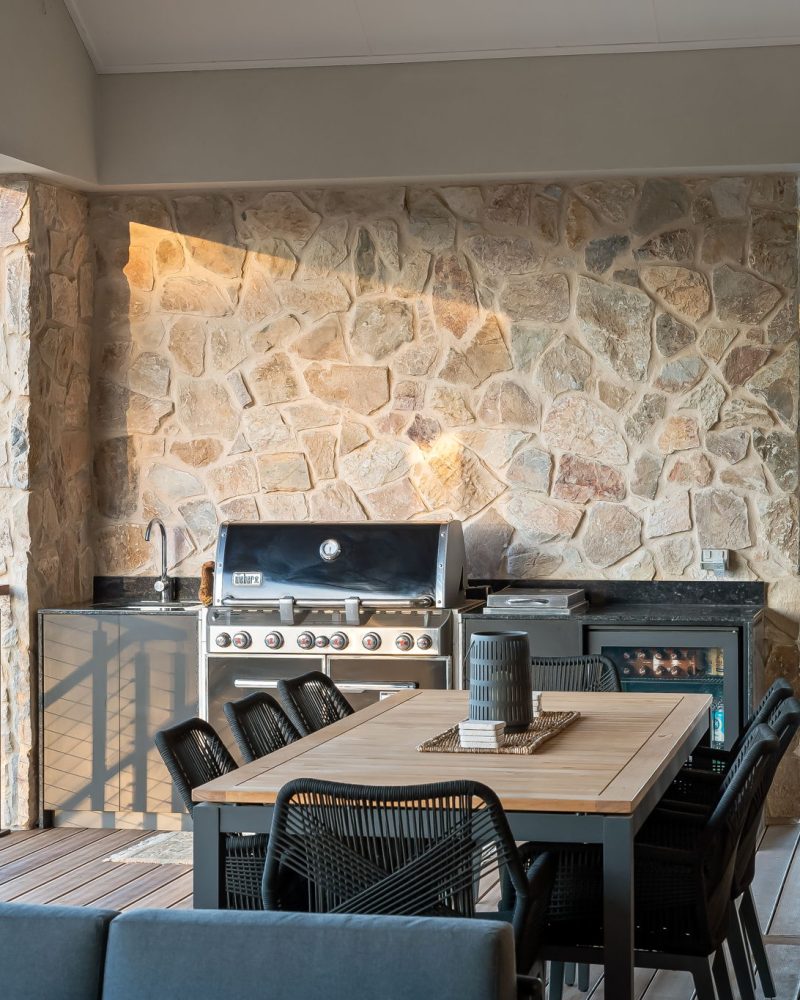
Limited project capacity represents the most common challenge when engaging small builders, who typically maintain waiting lists of 3-6 months for project commencement. Book early and plan ahead to secure your preferred builder, especially during busy construction periods. Popular builders often schedule consultations months in advance, so early engagement becomes essential.
Higher per-square-metre costs compared to volume builders reflect the personalised attention and quality finishes that small builders provide. Focus on total value delivered rather than initial price comparison, considering the customisation options, material quality, and personal service that justify the investment.
Longer decision-making processes result from the collaborative approach that small builders embrace. Rather than presenting limited options, small builders often involve clients in numerous decisions throughout the build. Embrace this collaborative process and its benefits while establishing clear decision deadlines to maintain project momentum.
Weather delays affect all Adelaide builders but can impact small builders more significantly due to their limited capacity to shift resources between multiple projects. Understanding Adelaide’s seasonal building patterns helps set realistic expectations, with winter months typically bringing increased delays for external work.
Change management requires establishing clear variation procedures upfront. Discuss how changes will be priced, approved, and documented before construction begins. Small builders’ flexibility can become problematic if variation procedures aren’t clearly defined and followed.
Warranty support depends on the builder’s ongoing viability and commitment to client relationships. Ensure comprehensive warranty documentation and understand the statutory warranty protections available in South Australia. Choose established builders with strong financial positions and track records of honouring warranty commitments.
Small builders in Adelaide represent a valuable alternative for homeowners who prioritise personalised service, design flexibility, and local expertise over standardised solutions. While the investment may be higher and timelines longer than volume builders, the relationship-focused approach and attention to detail often deliver superior outcomes that enhance both lifestyle and property value. Success in working with small builders requires clear communication, realistic expectations, and appreciation for the collaborative process that transforms your vision into a quality home built to last. Take time to research thoroughly, meet with multiple builders, and choose a partner whose approach aligns with your values and project goals.
How much more expensive are small builders compared to volume builders? Small builders typically cost 10-20% more per square metre but offer significantly more customisation, better materials, and personalised service. The total value often exceeds the additional cost through superior finishes and attention to detail.
Do small builders offer the same warranties as large builders? Yes, all registered builders in South Australia must provide statutory warranties including 6 years for structural defects and 2 years for non-structural issues. Many small builders offer additional voluntary warranties on specific aspects of their work.
How long does it take to build with a small builder versus a volume builder? Small builders typically take 8-12 months for custom homes compared to 6-8 months for volume builders. However, the planning phase is more thorough, resulting in fewer delays and variations during construction.
Can small builders handle complex projects like multi-story homes or challenging sites? Absolutely. Many small builders specialise in complex projects that volume builders avoid, including steep sites in the Adelaide Hills, heritage overlays, and unique architectural designs. Their flexibility and expertise often make them better suited for challenging builds.
What happens if a small builder goes out of business during my project? All registered builders in SA must carry Home Building Compensation Fund insurance, which protects homeowners if a builder becomes insolvent. Additionally, choosing established builders with strong financial records and references minimises this risk.
Our experienced team are ready to put our best foot forward and walk you through our proven process to deliver outstanding custom homes at any budget! Enquire below to tell us about your project!